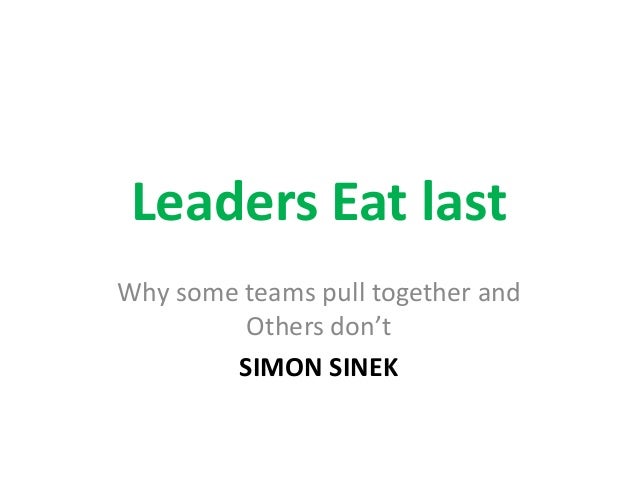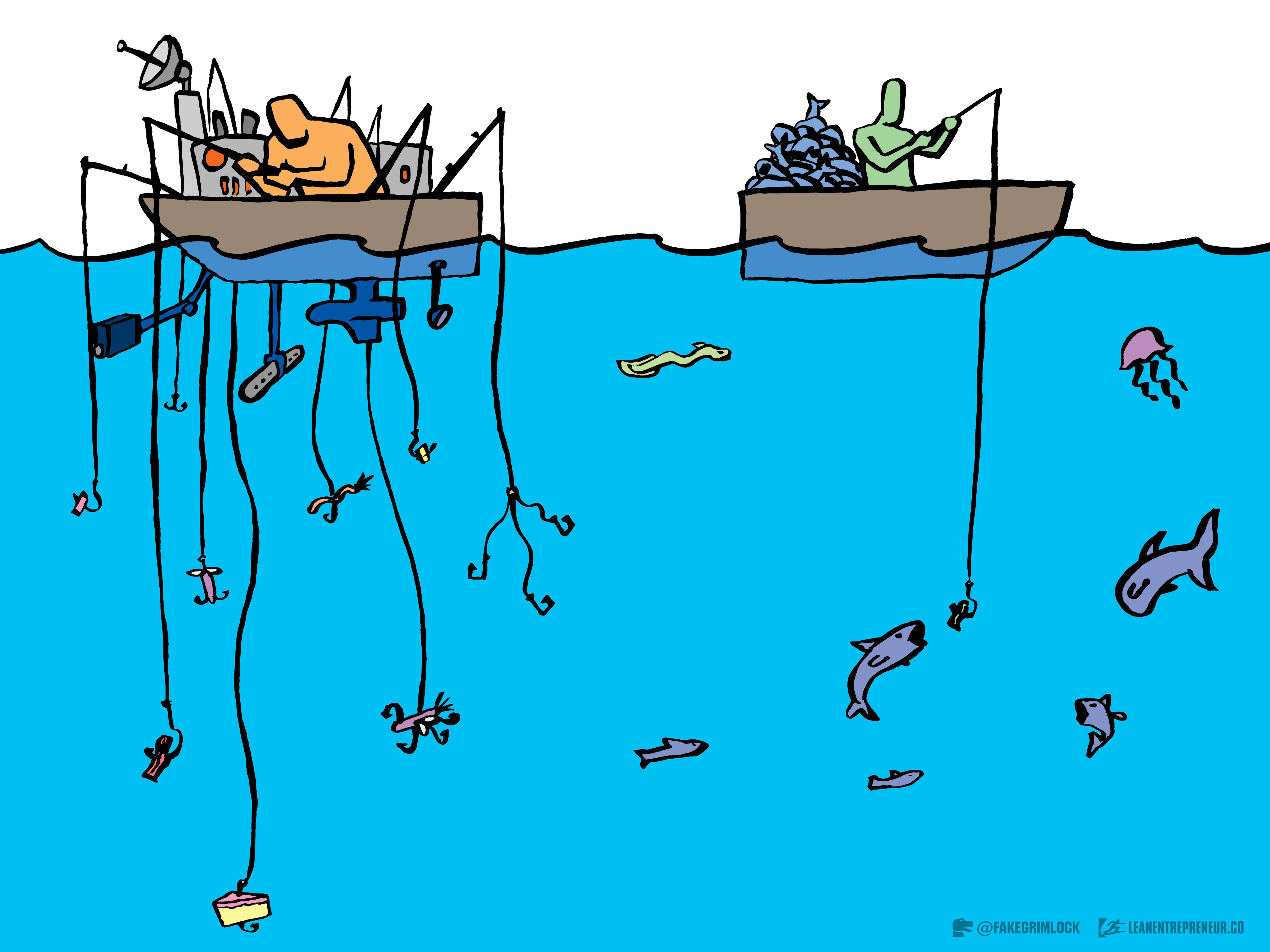O meu parceiro das conversas oxigenadoras chamou-me a atenção para este artigo, "Efacec aponta 20 milhões de prejuízos em 2021. Reprivatização em risco" e para este clássico:
"A gestão executiva da Efacec disse aos dois candidatos que foi surpreendida com os resultados negativos nos meses de julho e agosto por motivos alegadamente inesperado e por isso terão sido demitidos dois diretores superiores, um deles do risco (com indemnizações elevadas). Foram assim identificados pelo menos dois responsáveis"
É o clássico tema do erro humano. Despedem os dois directores e o problema da Efacec fica resolvido. Por que não se lembraram desta solução mais cedo?
Outro tema que o artigo me recorda é o da empatia.
Simon Sinek escreveu o livro "Leaders eat last", só comem depois de assegurar que os mais fracos da tribo tiveram acesso à comida. Frans de Waal explica quem são os machos-alfa nos grupos de chimpazés. Não são os mais fortes, são os mais empáticos. Um macho-alfa não é o mais forte, porque o mais forte não resiste a uma conspiração dos outros machos. O macho-alfa que lídera o grupo é o mais justo para todos.
"Ângelo Ramalho deu uma entrevista ao Jornal de Negócios que caiu mal junto de acionistas e da banca — o gestor acusou a banca de ser responsável pelas dificuldades da Efacec — e mais recentemente é comentado com desagrado que o gestor trocou de viatura no momento em que anuncia resultados muito piores do que os anteriormente comunicados."




















%2006.21.jpeg)












